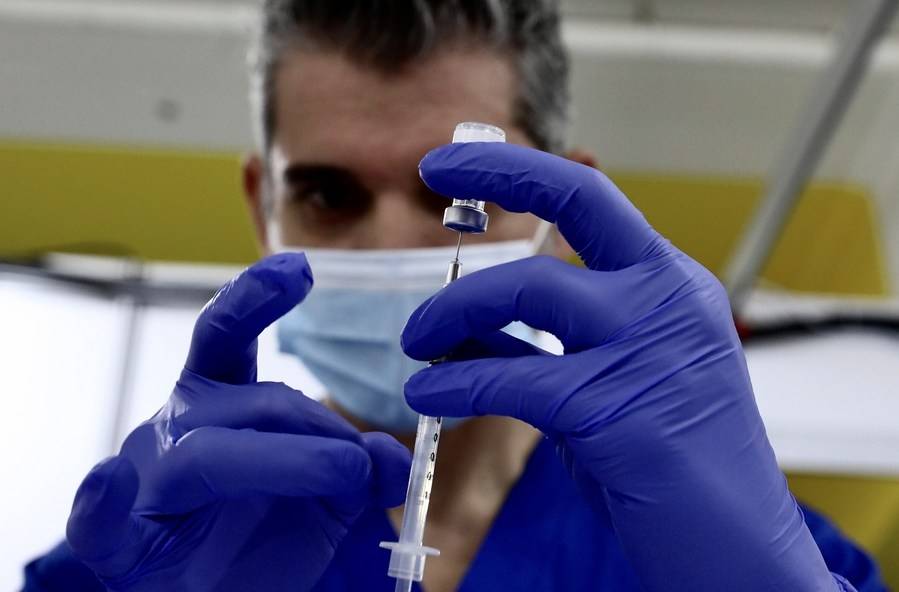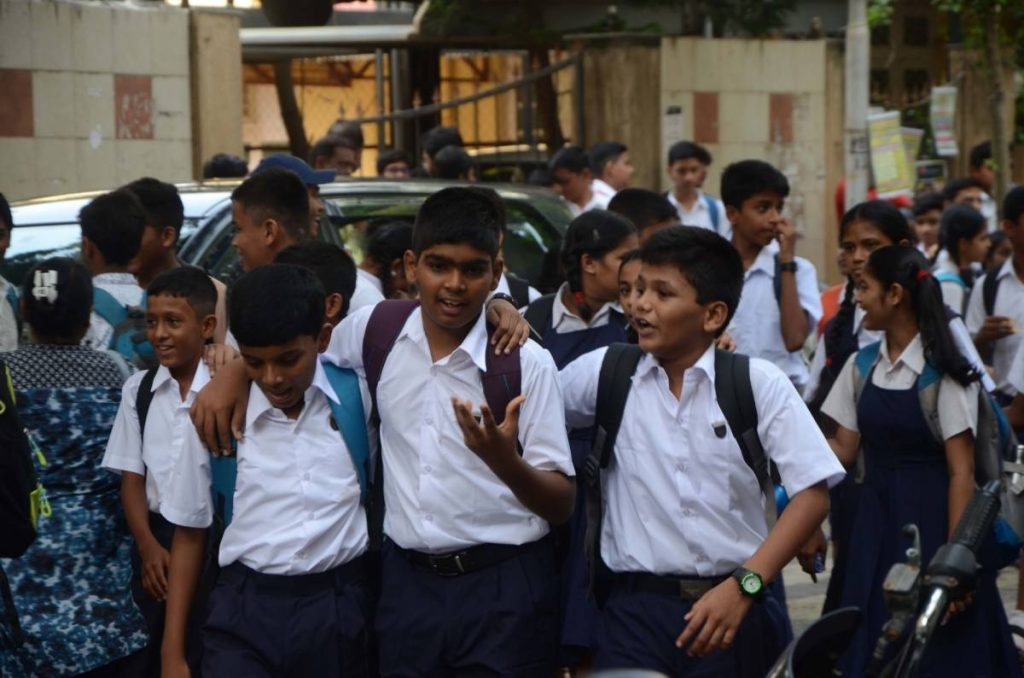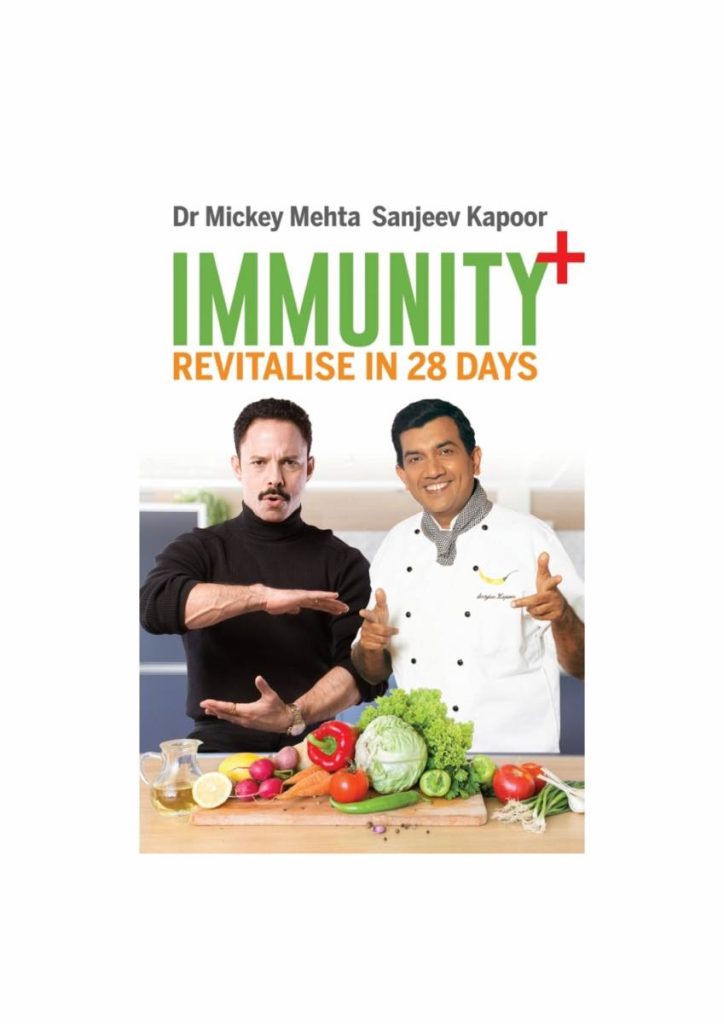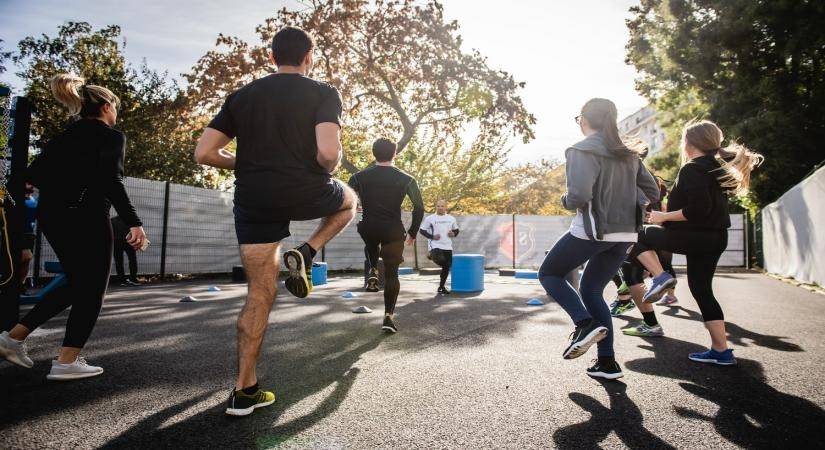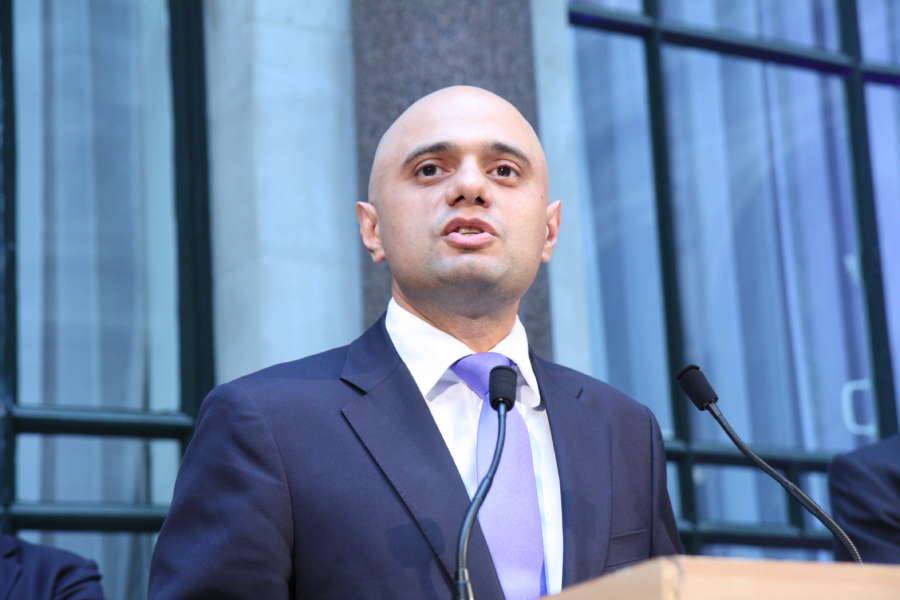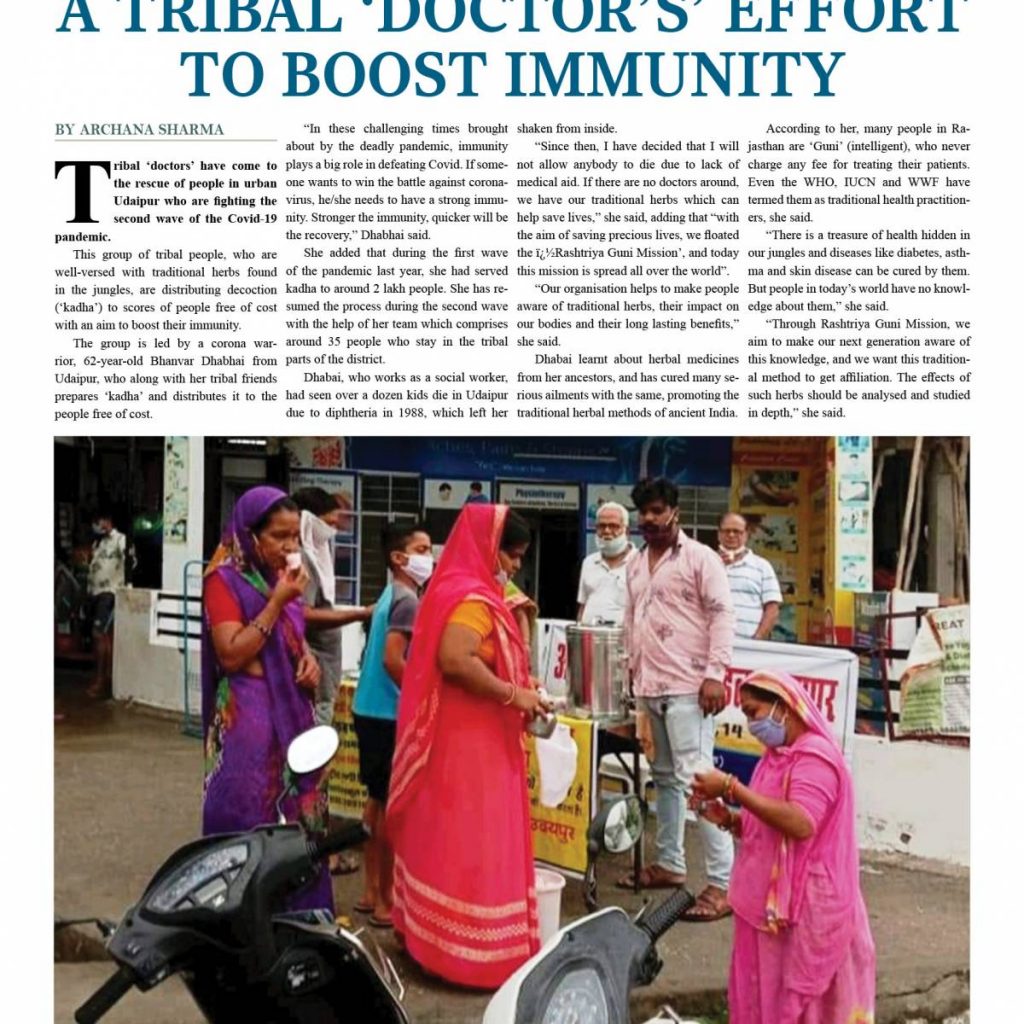According to yoga and psychology, other than the physical body, we have a conscious, subconscious and unconscious mind. A health problem can start from any of these three…writes BIJOYLAXMI HOTA
For yoga therapy to be fully effective, the initial treatment should be done away from home in a yogashram. At home, it may not be possible to relax deeply, and tension slows down the healing. Also, at home, the conditions that created the health problems in the first place, are still there and may counter yogas effects. The peaceful atmosphere of an ashram automatically relaxes the inmates.
Healing will be enhanced if the yogashram is in the mountains, surrounded by greenery. At such a place, not only will the relaxation and oxygenation of the body tissues be better, the concentration of prana will be the maximum. It has been seen that 300 cubic feet of the mountain air contains 5,000 units of prana against 50 units of this energy in a city office. Sea shore and riverbanks are the next best alternative.
Furthermore, at home, one cannot spare much time for yogic practices. Mostly, people spend about an hour on yoga, and that too doing only Hatha Yoga, i.e. asanas, pranayamas and occasional satkarma. But Hatha Yoga does not comprise the entire practice of yoga; it is just a part of this system. Hatha Yoga is meant to rectify faults only in the gross physical body. But we are much more than just a body.
According to yoga and psychology, other than the physical body, we have a conscious, subconscious and unconscious mind. A health problem can start from any of these three. However, it manifests on the physical body as that is the only aspect that can be seen. Therefore, unless the root cause is corrected, the resultant ailment cannot be cured.
Freeing the mind of a deep-rooted fault may not be achieved through one yoga. The ancient yogis realized that and developed other yogas, mainly Bhakti Yoga (the yoga of devotion), Raja Yoga (the yoga of concentration and meditation), Karma Yoga (yoga of action, where one does physical labour without expecting any material gains) and Gyana Yoga (the yoga of enquiry) to do that. Therefore, it is necessary to practise them all, at least in the beginning. People without any ailments also benefit from them as it clears their psyche of all unwanted past impressions that could lead to a disease later.
According to Swami Satyananda Saraswati, it is necessary to practise all the four yogas. He says that if one does not practise “Karma Yoga, you will experience frustration and disappointments and the consequent reactions in life; if you do not practice Bhakti Yoga, passions will rise high; if you do not practice Raja Yoga, your mind will be jumping like a drunken monkey; if you do not practice Gyana Yoga you won’t know why you are practicing all these things; and if you do not practice Hatha Yoga, you may not be able to practice any of them”.
In the yogashram, the entire day is filled with various other yogas besides the four main ones. They are: Nada Yoga, Mantra Yoga and Tantra Yoga, etc. Each yoga caters to one aspect of the human character and together they take care of the complete personality making the practitioner feel uniquely calm, elated, healed and invigorated. It is as if one gets a fresh body and mind. Everybody should experience the ashram life to realize how wonderful the effect of real yoga. The feeling cannot be described in words. One has to experience it to believe it.
The ancient wise of India knew the value of the combined yoga and made rules such that people practised them from childhood. At the tender age of seven or eight, every child was sent to a gurukul, i.e. the abode of a guru. There, while learning their future professional skills, the children were made to do yoga. For Gyana Yoga, they studied scriptures; for Raja Yoga, they meditated and practised asanas and pranayamas; for Bhakti Yoga, they performed religious rituals such as yagnyas and for Karma Yoga, it was hard physical labour.
Whether one was a prince or a pauper, he was made to do various chores such as gardening, chopping wood, drawing water from wells, tending to cattle, etc. All these yogas, along with the strict disciplined life, went a long way in building their health and character.
According to the vedas, the vedic man’s lifespan was at least a hundred years, and they spent the second half of their life alone in the forest, catering to their own various needs. Such a lifestyle indicates the physical and mental strength of people of ancient times. It is a far cry from the contemporary times, when after a certain age, we cannot do without drugs, hospitals, doctors, nurses and attendants.
Ideally, all yogas should be done every day, although in shorter versions. But if that is not be possible, one should go to the yogashram periodically. Those who do that find it helpful in remaining in the best of their health and face the challenges of life with equanimity. According to my Guruji, it is like recharging one’s inner battery to withstand the vagaries of living in complex society.
Rules of Yoga
* Yoga should be practised on an empty stomach. Food can be taken 10 minutes after the completion of the routine.
* Use a folded blanket or rug for yoga practice. No soft spongy mattress or mat should be used as they do not provide the needed support to your back.
* Face the east. Even when you lie down, your head should be towards that direction.
* Wear loose cotton clothes. Tight or synthetic ones restrict proper oxygenation of the system.
* Avoid plastic neti pot and non-stick pan to heat the water.
* No microwave for any heating. The vitamins may remain intact, but the prana will be gone.
(Excerpted from ‘Yoga For Super Immunity’ by Bijoylaxmi Hota with the permission of Rupa Publications)
ALSO READ-Yoga for humanity


